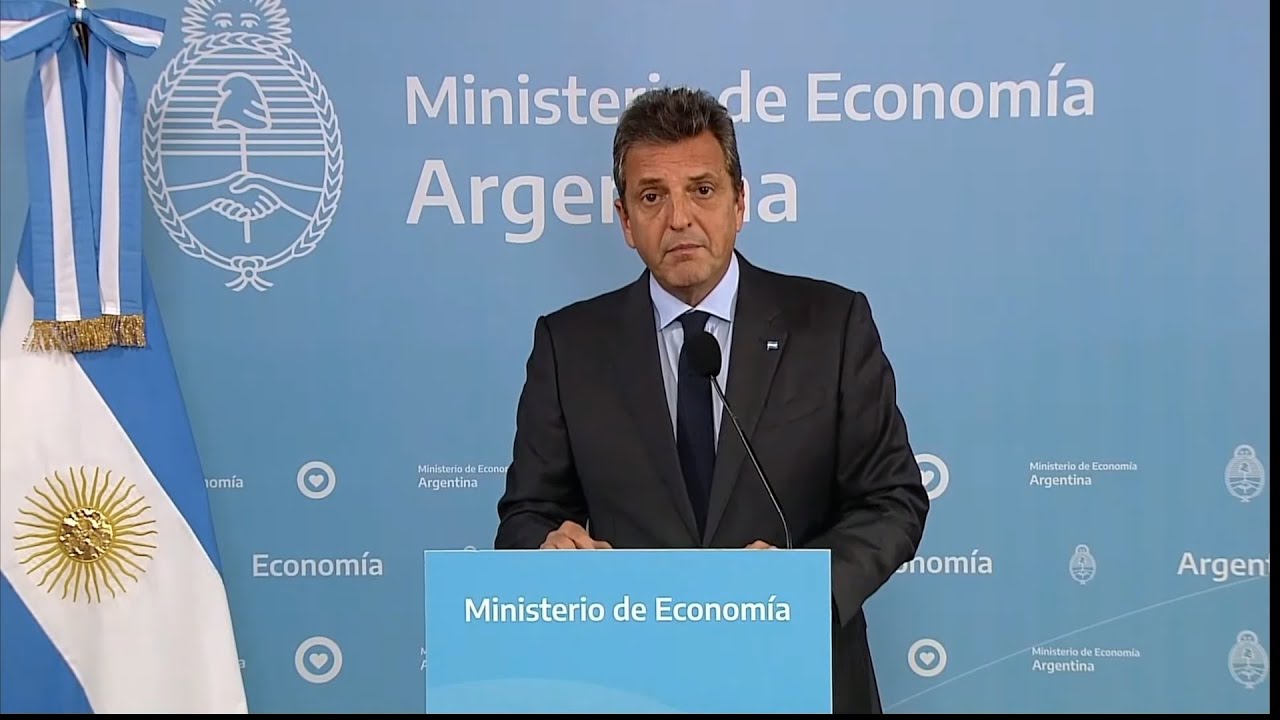
The day after the general presidential elections, Sergio Massa, current minister of economy, announced measures before a conference organized for the international press. The candidate who received the highest number of votes this Sunday (36%), and who will compete with Javier Milei of LLA, confirmed that from this Tuesday he will govern a differential dollar destined for export employers. Without surprises, this benefit is added to all those that large employers already receive such as the dollar for soybeans, agriculture, regional economies or for energy sectors, among others.
“To strengthen Argentine reserves, we are going to expand the Export Strengthening Program to all activities,” Massa explained to journalists. He also stated that “the entire Argentine export complex (intermediate goods, finished goods, primary products and services) will have a 70% settlement regime for the next 30 days entered by what is called the single and free market. exchange rates (MULC) and 30% for what is called the financial or cash dollar system with settlement”.
The measure in force for 30 days is a flexibility in the exchange market that allows export employers to receive a greater amount of pesos for their settlements. While the official retail exchange rate is at $367, with this benefit the tradable sector has the possibility of settling 30% of its exports at $948 (CCL). In this way, the exchange rate for each dollar settled would be $529 instead of $350, an improvement of 51%.
Massa maintained that the measure is explained by the need to reinforce reserves, which would be in the red higher than US$20 billion. While it is true that this fragile situation gives greater firepower from exchange pressures, it does not solve the underlying problem and ends up benefiting one of the sectors that always speculate with devaluation.
The shortage of dollars in the country is explained by the permanent outflow of foreign currency, both for the payment of debt (public and private) and by the great flight of capital, and the maneuvers of under-invoicing of exports or over-invoicing of imports. Without attacking this constant looting, the measures only end up favoring companies.
Before the world press, the minister also confirmed that a summons will be sent to discuss in committee a modification of the 2024 Budget so that it has a fiscal surplus of 1%. The budget presented has a fiscal deficit of 0.9% of GDP. According to Massa’s story, this reorganization in public accounts would be achieved not based on an adjustment to social items, but by cutting the tax benefits that concentrated companies have. An initiative that the ruling party has been announcing since 2021, but with which it never moved forward.
Massa also promised changes in bond coupons to compensate creditors after the drop of almost 11% they had this Monday. “We are going to study premium and payment anticipation mechanisms in some Argentine bonds to regain confidence and security in the bond market,” said the minister. A new gift for vulture funds.
With a clear electoral sign, the Minister of Economy stated that “Next year paying the Fund will not imply more inflation,” but prices continue to escalate and the measure announced this Monday only adds pressure to inflation.
Prior to the elections, Alberto Fernández denounced the presidential candidate of La Libertad Avanza for “instilling public fear.” He did so after the libertarian’s statements against the peso, encouraging the disarmament of fixed terms, in the middle of the exchange rate run. Milei had declared that the national currency “cannot be worth more than excrement.” Massa had also accused Melconian of being a liar for proposing that the dollar would rise to $500. In fact, everyone agrees in complying with the IMF’s demands to devalue the currency with the objective of accumulate reserves to pay the external debt.
The devaluation, although in this case it is partial, reduces the prices of products manufactured in the country (expressed in foreign currency) and lowers salaries measured in dollars, which improves business profits. But changes in relative prices caused by inflation lead to new price adjustments to preserve the previous profit margin. With the devaluation, the inflationary dynamic accelerates, which “eats” the “competitiveness” gained by the companies that benefited from the increase in the official exchange rate. This means pressure for new devaluations that is aggravated by a context of weakness in the Central Bank’s reserves.
Developing
Source: www.laizquierdadiario.com

